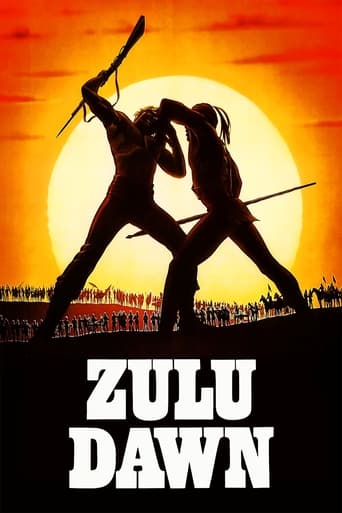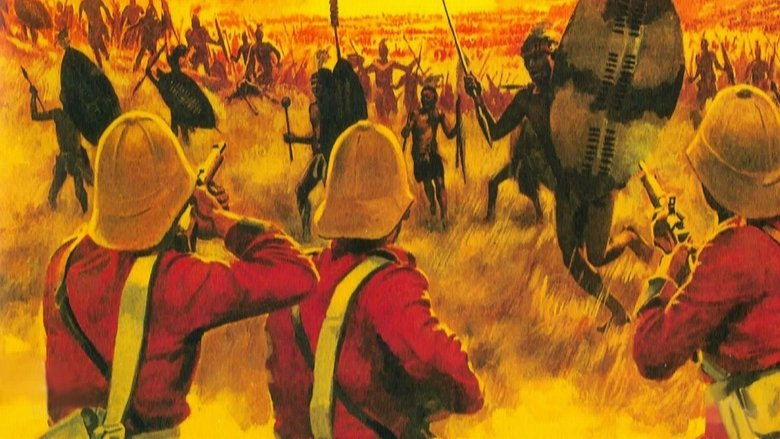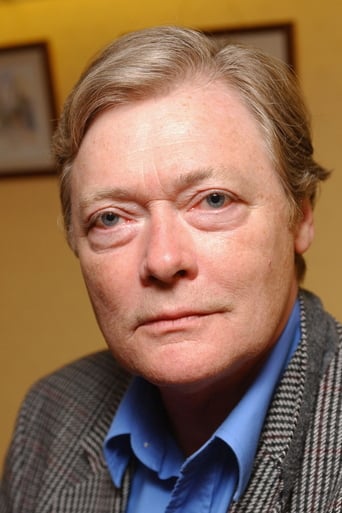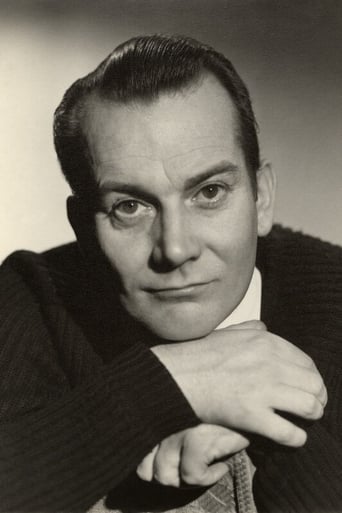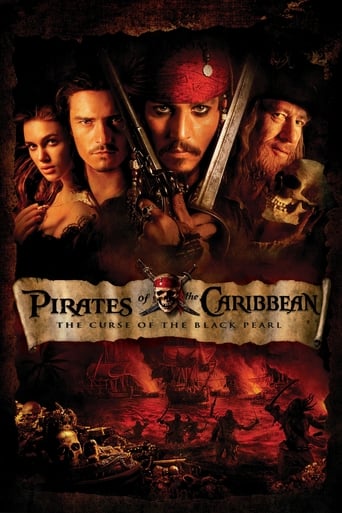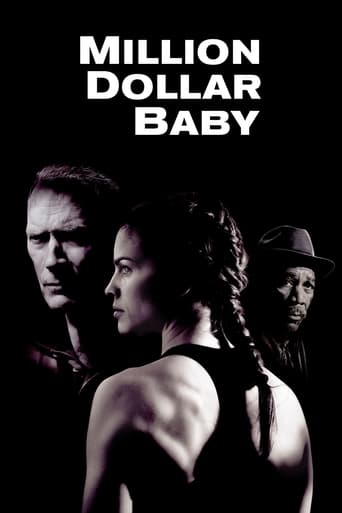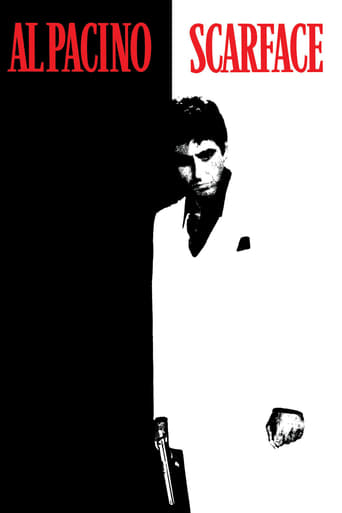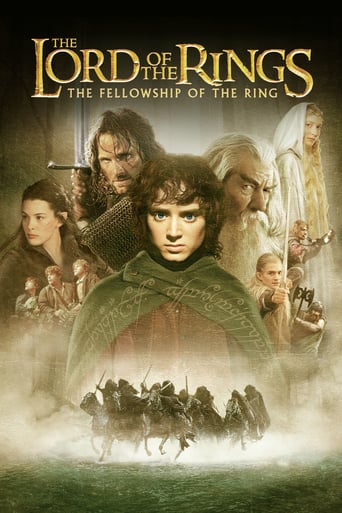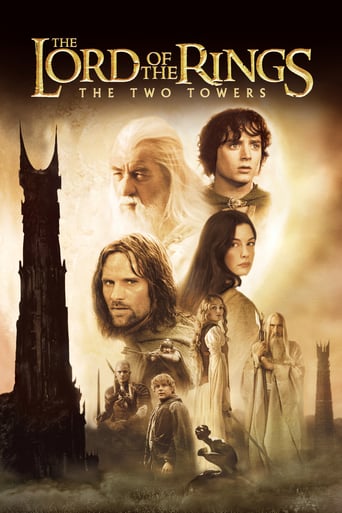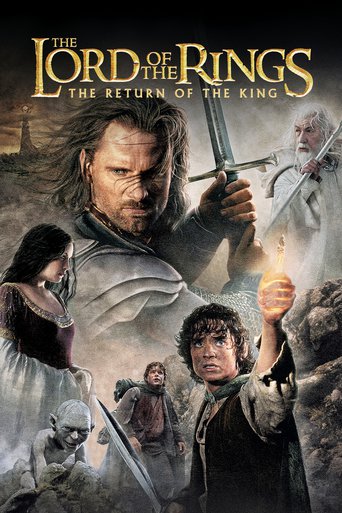Zulu Dawn (1979)
In 1879, the British suffer a great loss at the Battle of Isandlwana due to incompetent leadership.
Watch Trailer
Free Trial Channels
Cast


Similar titles
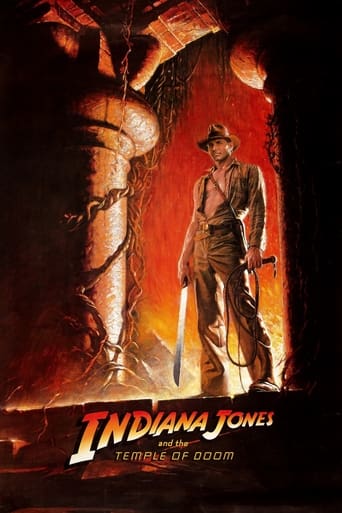
Reviews
Lack of good storyline.
A waste of 90 minutes of my life
The plot isn't so bad, but the pace of storytelling is too slow which makes people bored. Certain moments are so obvious and unnecessary for the main plot. I would've fast-forwarded those moments if it was an online streaming. The ending looks like implying a sequel, not sure if this movie will get one
This movie tries so hard to be funny, yet it falls flat every time. Just another example of recycled ideas repackaged with women in an attempt to appeal to a certain audience.
U.K. release: 1980. 115 minutes. Cut to 98 minutes in the U.S.A. SYNOPSIS: A ham-fisted approach to the Zulu nation by British colonial officials leads to full-scale war. NOTES: A prequel to Zulu (1964), co-written by that film's writer- director, Cy Endfield.COMMENT: A staggeringly spectacular war adventure, so crammed with action there's scarcely time for anything else, here's a movie that absolutely must be seen on the wide-wide-screen to appreciate the charges by thousands of costumed extras. Zulu Dawn is definitely a movie in which the players are dwarfed not only by their surroundings and crowded, jostling backgrounds but by the foreground action itself.The actors are all uniformly convincing, though O'Toole is inclined to overdo the despair. Not that it matters in a film as packed with incident as this one.Director Douglas Hickox rises nobly to the challenge, assisted by marvelous photography, bold second unit work and a superb music score. Oddly, despite its solid cast, authentic backgrounds, fast-paced direction, awesome action and overpoweringly spectacular effects, the film failed at the box-office and lost millions for its backers.On paper, it seemed like such a good idea too. The 1964 "Zulu", expensive though it certainly was, had reaped a fortune at the box- office. Patrons deserted their TV sets for the big screen in their millions. But it didn't happen the second time around. People didn't want to re-visit a scene from 1964. Time moves on. Fashions change. Perhaps if Zulu Dawn had been released ten years earlier, around 1969 or 1970, it would have received a far warmer and considerably less hostile reception. Perhaps audiences don't like to be forced to make connections between two films that are fifteen years apart. It doesn't worry me, fortunately. I live in the past all the time.
*Spoiler/plot- Zulu Dawn, 1979. This film tries to show the historic actions in Natal South Africa when war broke out between two 18th century kingdoms; Britian and Zululand.*Special Stars- Peter O'Toole, Burt Lancaster, John Mills.*Theme- Kingdoms have ambitions.*Trivia/location/goofs- Very early on camera acting role for Bob Hopkins as the cockney Color Sargent Major. Many of the production staffers on this film were also the same for the earlier feature film, ZULU that started Michael Caine's film career. Shot entirely in Africa. Goofs: the 'heavy' wooden boxes of provisions, once dropped into the river by native bearer strangely float away in the stream current getting away from the bearers.*Emotion- Not as easy to watch as it's predecessor, ZULU. This film is very slow and plodding with endless unnecessary scenes of troops and calvary on the march. The viewer find themselves fast-fowarding to the main cast's dialog scenes with the British officers or Zulu's for relief.
I remember reading a very long book detailing the history of the Zulu- starting with the migration from northern Africa many, many centuries ago, to their arriving in the area of South Africa, at the same time that Portuguese and Dutch colonists were arriving. It then give a very detailed history, including a great look into the actual participants in the Zulu War. "Zulu Dawn" doesn't get it perfect, but it's a lot closer to actual history than most movies come close to! I can see that many of the officers are actually pretty close to those described in the book, when 99.99% of those who watch the movie wouldn't have known if they were wholly made up.Peter O'Toole and Burt Lancaster are a breed of actor that we'll never see again and it's wonderful to see them in this, but I also loved the performance of all the others. As a kid the image that always stuck in my head was of Melville, toward the end of the battle, jumping his horse over a wrecked cannon, with the Regimental Colours flowing.This is one of those few movies I want to watch once a year, over and over.
Fine cast, of British actors, with the obligatory American (Burt Lancaster), Zulu Dawn features the PREVIOUS battle to Rorke's Drift, (Portayed in the superior 'Zulu') Isandhlwana. Oddly ' Zulu' was made and shown before this one.The facts are more accurate though compared to its more respected brother, of the fact that the British broke their own treaty with the Zulus not to 'cross the river' boundary that was agreed, on the premise the Zulus and Cetschwayo are barbarians.Their are scenes of discussing the imminent invasion, with our religious leaders arguing the toss over its validity and moral reasoning, even with one of the serving officers Vereker - played by Simon Ward, examining his own conscience at times, having lived among the Zulus. Burt Lancaster plays Colonel Durnford, with a rough-ish (And quite mediocre) Irish accent as if taking off the Irishman in an 'Englishman, Scotsman, Irishman' joke as we would. Though there is a flaw with that - although Irish born, Durnford had a refined English accent (Probably like Peter O' Toole, who's Irish and played the 'English gent' Lord Chelmsford in the film).It's actually Commander In Chief Chelmsford and Sir Bartle Frere (John Mills) who connive to present the Zulus as a problem that needs sorting (By violence!) mainly to further their careers ("Does this (Letter to the Queen)do what we both know to be right?" says Frere to Chelmsford. "It does Sir Henry, excellently." replies Chelmsford).After insights into the officer class's ritualistic and pompous attitudes, especially to this war, (My dad was one and he agreed, so no letters to me please!) the invasion starts fairly early into the film.With the standard raised, music and pomp and ceremony, the 'column' precedes into Zululand over the river, at Rorke's Drift, much like Caesar at the Rubicon, as the Zulus throw down the challenge, attacking the British at this point, but the Zulus, more like a scouting party are dismembered like a 'good hunt'. "Well, gentlemen, first blood to us." hails Chelmsford proudly. At this point 'Noggs' the newspaperman Norris Newman (played by Ronald Lacey), in true journo style is happy to question the venture and there's also a nice point where he reminds Chelmsford's smug and slimy adjutant Crealock, (Michael Jayston) when discussing tactics, that if Chelmsford sinks, he'll sink with him! The battle scenes are well done, QSM Broomfield, played by the excellent Peter Vaughan tragically denies nearly everyone ammo. (Apparently the standard lack of ammunition supply was the Quartermasters not releasing munitions to anyone from a company/section not claiming from their 'own' ammunition barrow - imagine that in the heat of a battle! But this myth has since been dispelled somewhat). He also has his own 'boy' soldier Pullen, assisting him, played by Phil Daniels.Good action scenes, great cast, historical accuracy at times, a very good consciencious objector type overlay make an entertaining film but it hasn't the gloss of Zulu.The film like Zulu, although shot in South Africa, wasn't filmed at the actual spot, a shame as the Isandhlwana hill is very distinctive and as some have said here, the shape of the hill, was actually 'sphinx-shaped' - the sphinx being the emblem of the regiment at Isandhlwana. I read an article at the time of the making of the film stating the producers/director decided that Isandhlwana had too much shadow over the filming location, so that killed that notion off.

